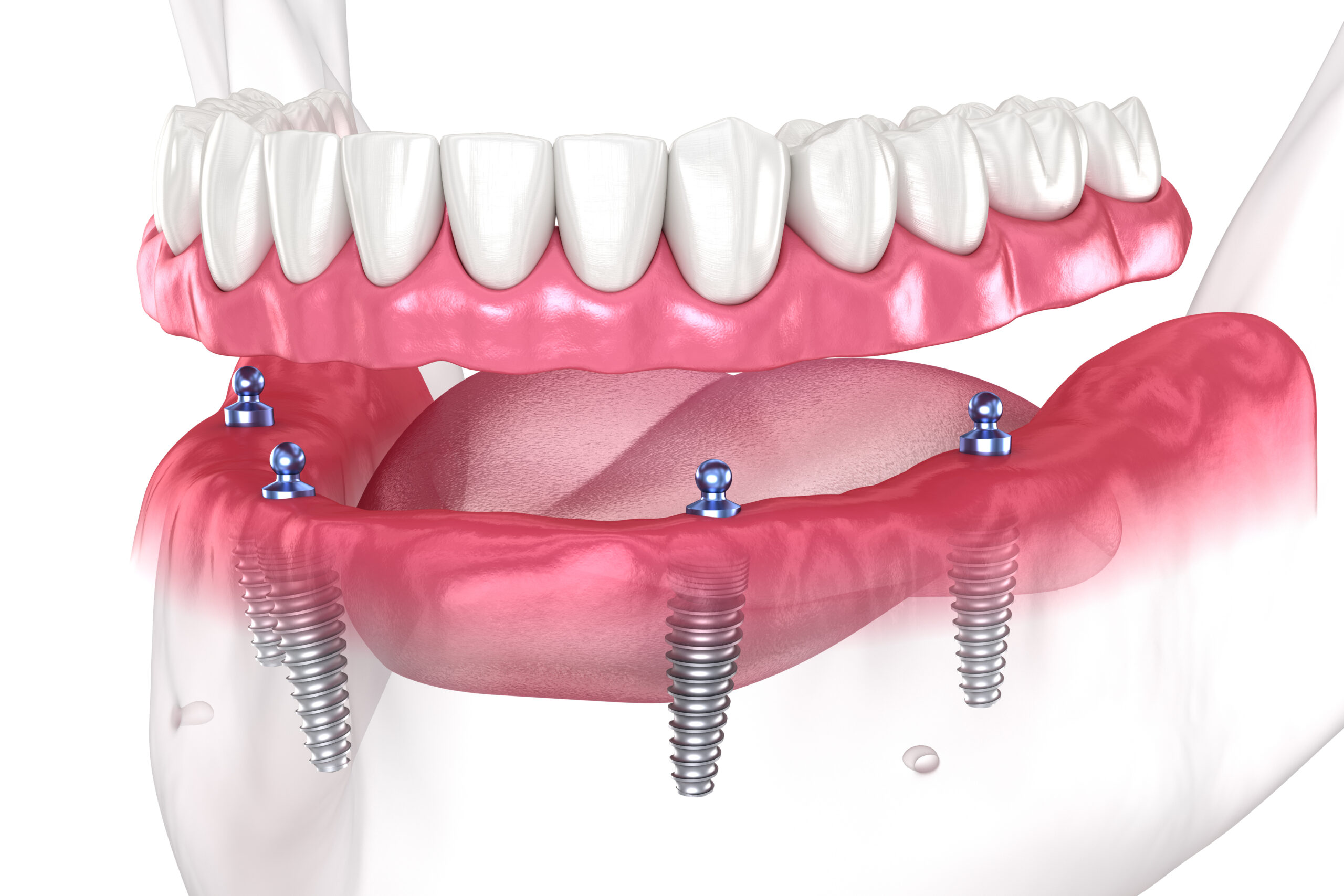The Best Guide To Dental Sense
The Best Guide To Dental Sense
Blog Article
What Does Dental Sense Mean?
Table of ContentsDental Sense Can Be Fun For AnyoneMore About Dental SenseSome Ideas on Dental Sense You Need To KnowDental Sense Things To Know Before You Get This
are clinical gadgets operatively implanted into the jaw to restore a person's ability to eat or their appearance. They offer support for synthetic (phony) teeth, such as crowns, bridges, or dentures. When a tooth is lost as a result of injury or condition, an individual can experience problems such as fast bone loss, faulty speech, or changes to chewing patterns that cause discomfort.Dental implant systems contain an oral implant body and oral implant joint and may likewise include an abutment addiction screw. Root canal procedure. The oral implant body is operatively placed in the jawbone instead of the tooth's origin. The oral implant abutment is generally attached to the dental implant body by the joint fixation screw and prolongs via periodontals right into the mouth to support the affixed fabricated teeth
(https://allmyfaves.com/dentalsense1?tab=Dental%20Sense)Framework of The Dental Implant System selecting oral implants, talk to your dental supplier concerning the potential advantages and risks, and whether you are a prospect for the treatment. Things to take into consideration: Your total wellness is a vital consider identifying whether you are a good prospect for oral implants, for how long it will require to recover, and how much time the dental implant may remain in place.
Smoking may influence the recovery procedure and lower the lasting success of the implant. The healing process for the dental implant body might take a number of months or longer, throughout which time you generally have a short-term joint in area of the tooth. the oral implant procedure: Thoroughly adhere to the oral hygiene instructions provided to you by your dental copyright.
Some Known Questions About Dental Sense.
Implant failing can lead to the need for one more surgery to deal with or replace the implant system. Recovers the ability to eat Recovers cosmetic look Helps maintain the jawbone from reducing because of bone loss Maintains the health and wellness of the bordering bone and gums Aids keep nearby (close-by) teeth stable Enhances lifestyle Damage to surrounding natural teeth throughout dental implant positioning Injury to the surrounding cells during surgery, such as sinus perforation Injury throughout surgical procedure (as an example, fracture of surrounding jawbone) Inadequate function, such as really feeling like the teeth do not attack with each other generally A sensation that the tooth is loosened or turning in location arising from a joint screw loosening up Implant body failing (looseness of the implant body) due to systemic infection, which may be most likely in patients with uncontrolled diabetics issues because of regional infection in bone and gum tissues supporting the dental implant body because of postponed recovery, which may be most likely in individuals that smoke Problem cleaning up the periodontals around the dental implant, leading to bad oral hygiene Without treatment gum illness Post-surgical feeling numb due to nerve impingement or damage Constantly alert healthcare carriers and imaging technicians that you have dental implants before any type of magnetic vibration imaging (MRI) or x-ray procedures.
FDA is not knowledgeable about any type of adverse events reported for MRI or x-ray treatments with oral implants. Oral implants systems are commonly constructed from products that adhere to international consensus standards of the International Organization for Standardization (ISO) or ASTM International. These standards have information of what makes a safe material.

An oral implant is a framework that replaces a missing tooth. With screw-like gadgets, the cosmetic surgeon inserts an implant right into the jawbone, and it acts as an anchor for a synthetic tooth, called a crown.
Some Known Factual Statements About Dental Sense
Some people are not eligible for dental implant surgical treatment. It is for dental specialists to operate individuals with: intense illnessuncontrollable metabolic diseasebone or soft cells condition or infectionIf these concerns are settled, an individual can have the surgical procedure. In, oral specialists abstain from operating people with: If people with any one of the above undertake dental implant surgery, there is a greater threat of the dental implant stopping working.

Dental implant surgery is a customized process. Provide you time to heal. Connect the article and final crown, bridge or denture.
Next off, your specialist will meticulously place the dental implant right into your jaw. Your cosmetic surgeon will rearrange your periodontals and close the cut with stitches. If your implant is near the front of your mouth, your dental expert will make a temporary tooth for you to put on till you recover. That method, you won't have a gap in your smile while click here to find out more you recover.
Some Known Details About Dental Sense
During the recovery stage, your jawbone must fuse to the dental implant. This process can take anywhere from three to nine months.
When your dental implant heals, your dental expert can attach the abutment (little connector message) and your last restoration (crown, bridge or denture). This normally takes about one hour to complete and may need a second minor surgery. You should not really feel any discomfort throughout your dental implant treatment due to the fact that your supplier will certainly use medicine to numb your gum tissues.
Report this page